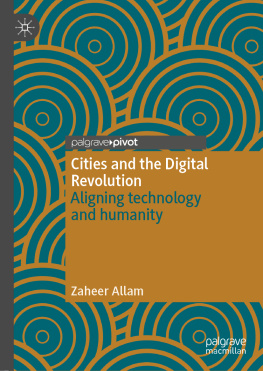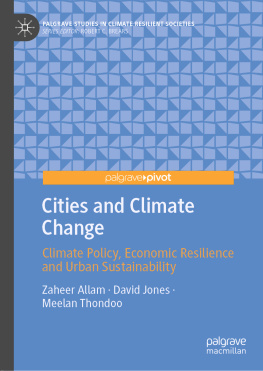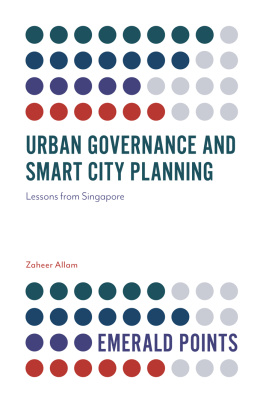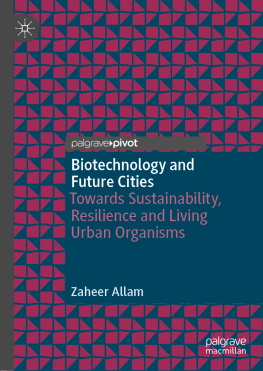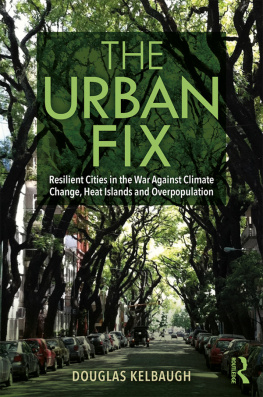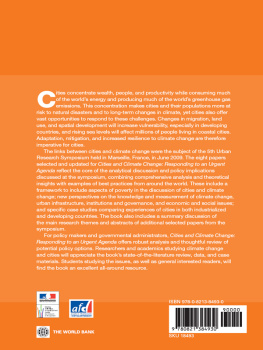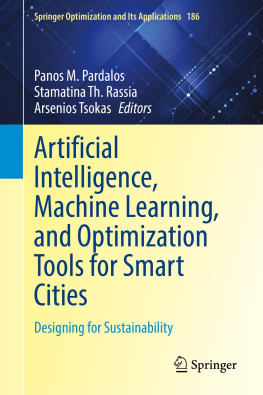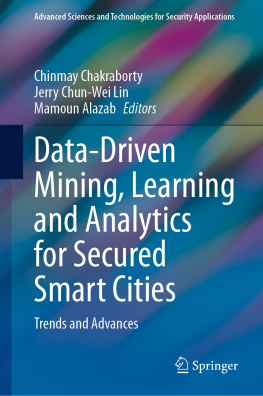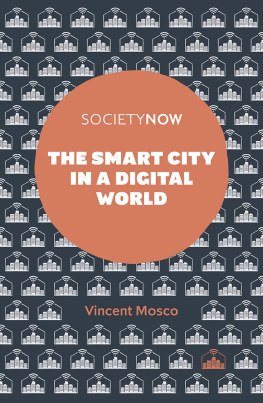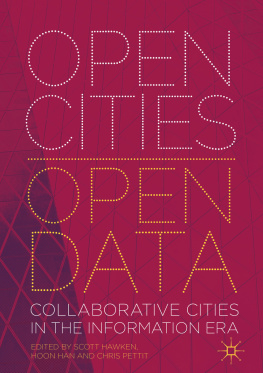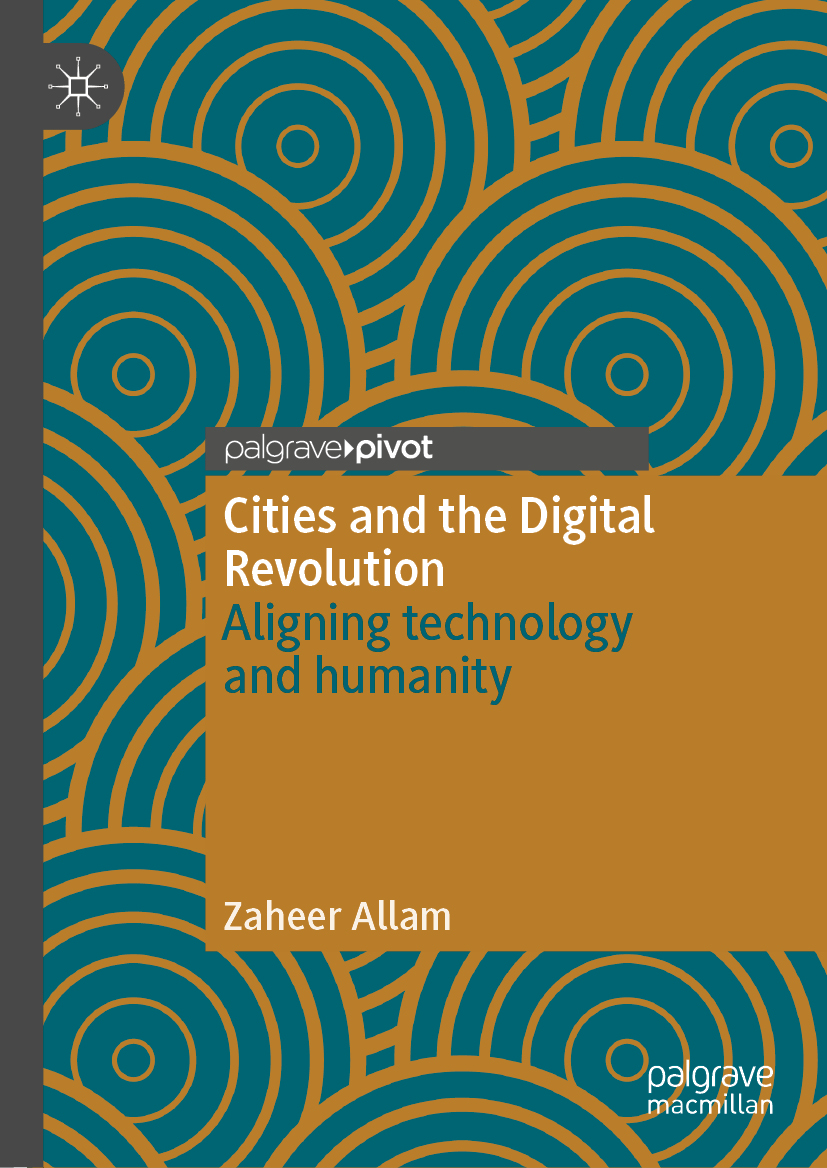Zaheer Allam
The Port Louis Development Initiative (PLDI), Port Louis, Mauritius
ISBN 978-3-030-29799-2 e-ISBN 978-3-030-29800-5
https://doi.org/10.1007/978-3-030-29800-5
The Editor(s) (if applicable) and The Author(s), under exclusive license to Springer Nature Switzerland AG 2020
This work is subject to copyright. All rights are solely and exclusively licensed by the Publisher, whether the whole or part of the material is concerned, specifically the rights of translation, reprinting, reuse of illustrations, recitation, broadcasting, reproduction on microfilms or in any other physical way, and transmission or information storage and retrieval, electronic adaptation, computer software, or by similar or dissimilar methodology now known or hereafter developed.
The use of general descriptive names, registered names, trademarks, service marks, etc. in this publication does not imply, even in the absence of a specific statement, that such names are exempt from the relevant protective laws and regulations and therefore free for general use.
The publisher, the authors and the editors are safe to assume that the advice and information in this book are believed to be true and accurate at the date of publication. Neither the publisher nor the authors or the editors give a warranty, expressed or implied, with respect to the material contained herein or for any errors or omissions that may have been made. The publisher remains neutral with regard to jurisdictional claims in published maps and institutional affiliations.
This Palgrave Pivot imprint is published by the registered company Springer Nature Switzerland AG
The registered company address is: Gewerbestrasse 11, 6330 Cham, Switzerland
Foreword
In his monograph Cities and the Digital Revolution, Zaheer Allam hits a nice goldilocks zone when considering the future impact of AI on society. On the porridge is too cold extreme is Yaval Harari whose book Homo Deus wonderfully describes how our future will be made easier by high tech allowing us to pursue income-producing dreams rather than earning money by monetarily rewarded drudgery. I really like Tamnys optimistic book.
Allams monograph is in the middle and is just right. The scope is focused on the impact of AI on our cities of the future. The coverage is discussed in a well-documented scholarly fashion that does not read like boring scholarly prose. The writing is crisp, to the point, well documented and, most important to those of us with short attention spans, fun to read.
What will the impact of AI be on cities of the future? The topic of Smart Cities using AI is prevalent enough to have its own substantive entry on Wikipedia. But should governments be in the practice of social engineering based on collected data? Gobs of data can be collected from our browsing, GPS sensors and the Internet of things (IoT). This data, it is claimed, can be used to organize and seamlessly run a city. The goals of the use of Big Data like this are noble, but how far are we from accurately mine data for useful information? Gary Smith has written some excellent books outlining concerns of the accuracy of data mining. Humans in the loop are needed to mitigate such fallacies. Like a toddler running around the living room full of valuable vases, Big Data needs human supervision.
In some areas, Amazon probably knows more about me than my wife. I share my Amazon prime account with my daughter who buys from the site as much as I do. The account is in my name. Amazon, with all its sophisticated Data Mining and AI reputation, isnt smart enough to know a male senior citizen, me, isnt interested in getting emails hawking baby clothes and diapers. I know from conversations that I am not the only one. Data Mining for Smart Cities needs to be smarter than Amazon.
Another concern about Smart Cities is the unintended consequences of AI . Self-driving cars being confused by a wind-blown plastic bag is an example. As the complexity of AI increases linearly, the number of unintended consequences increases exponentially. Proposed Smart City managing AI looks complex in conception. This can be mitigated by disjunctive design, i.e. constructing siloed applications instead of one big general AI system.
My biggest concern about Smart Cities is the Big Brother Impact. Smart Cities will supposedly better our lives through the collection of data. This includes data collected from citizens, devices, and assets I dont want the government to collect data from me. If Im not violating the law, the government has no business monitoring what I do. In the USA, this right is guaranteed by the fourth amendment to the US constitution. Privacy is a fundamental component of liberty.
A few decades ago, I was an organizer for a professional neural networks conference in the city/state Singapore. What a wonderful clean country it was. Many attributed this to Singapore law. I was told that anyone convicted of murder, rape or dealing drugs got no second chance. They were tried and, if convicted, executed. I saw no graffiti. Recall the 1994 Singapore incident where a 19-year-old American was convicted of vandalism. Singapore doesnt mess around with crime. When I visited, leaving a public toilet unflushed carried a fifty dollar fine. And because of its environmental impact, chewing gum was outlawed. Really.
Although I occasionally enjoy chewing gum, I kind of liked Singapores no-nonsense response to breaking the law. But my mind was changed after asking a National University of Singapore professor how he liked living in Singapore with their uncompromising legal system. Not wishing to be overheard, he whispered.
Have you ever driven and been followed by a police car?
I assured him I had.
Living in Singapore is like this. He said. Even though you are not doing anything wrong, you clinch the steering wheel with white knuckles nearly paralyzed with fear you might inadvertently do something wrong.
This Big Brother Impact is what is going to happen if some have their way in designing of Smart Cities . Data will be collected from everywhere.
This includes data collected from citizens, devices, and assets.
Note citizens on this list of data sources. Well all be living with white knuckles while the government monitors our activities. In some Smart City plans, our privacy will be compromised. Cities will be managed from data collected everywhere.
I dont want the government collecting data from me. First, almost everything the government manages gets screwed up. Witness the frustration felt by visiting the Department of Motor Vehicles or the Social Service Office in the USA. Take a number and waittypically for a long time. Unaccountable bureaucracies invariably become sluggish and inefficient.
The Governor of Texas, Greg Abbott, recently outlawed the use of cameras at red lights. What right does the government have to use AI to monitor what I do at traffic lights? It only gives innocent me Singaporian white knuckles because Big Brother is watching.
Allam recognizes this in this monograph. Many are concerned about the potential [of Big Data] to jeopardize the privacy of the citizens due to its ability to capture minute information and make predictions from such. There is a law of conservations of rights. On the extreme, your law against murder takes away Killer Daves right to kill someone simply because I am angry with them. Morality rightfully trumps Killer Daves rights. More on case, the right of the state to collect data from me diminishes my right to privacy . Liberty gained in part from the right of privacy is a fundamental component of human flourishing.

